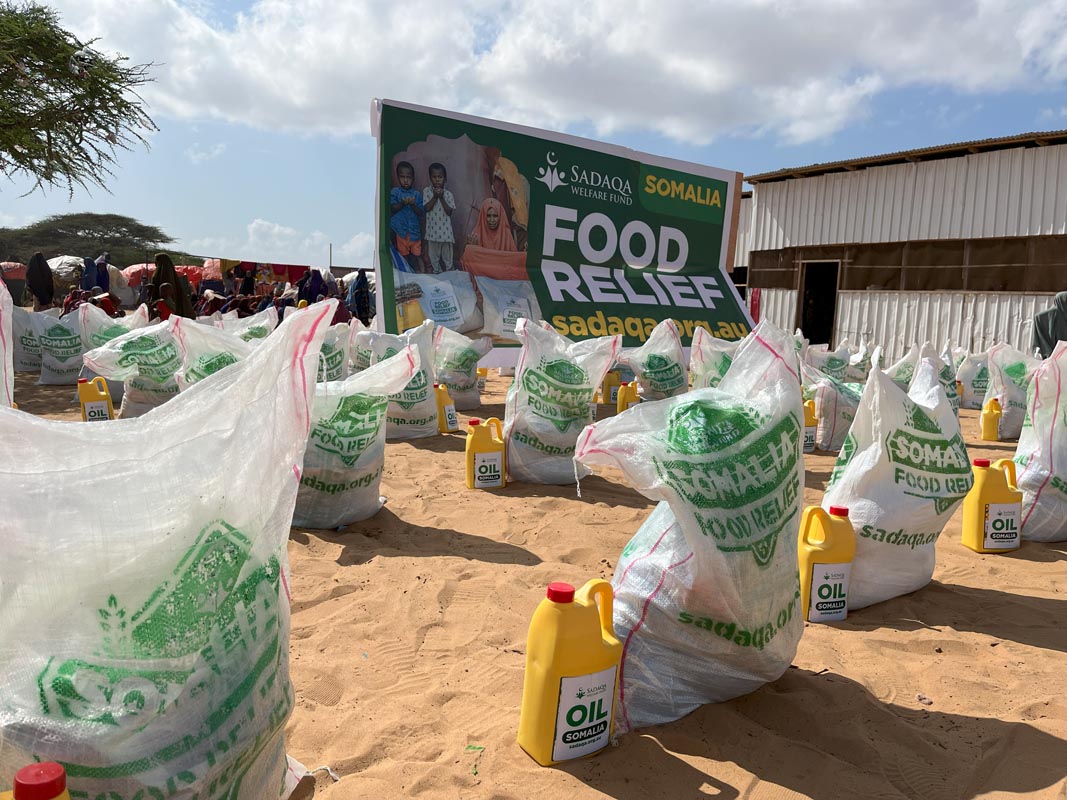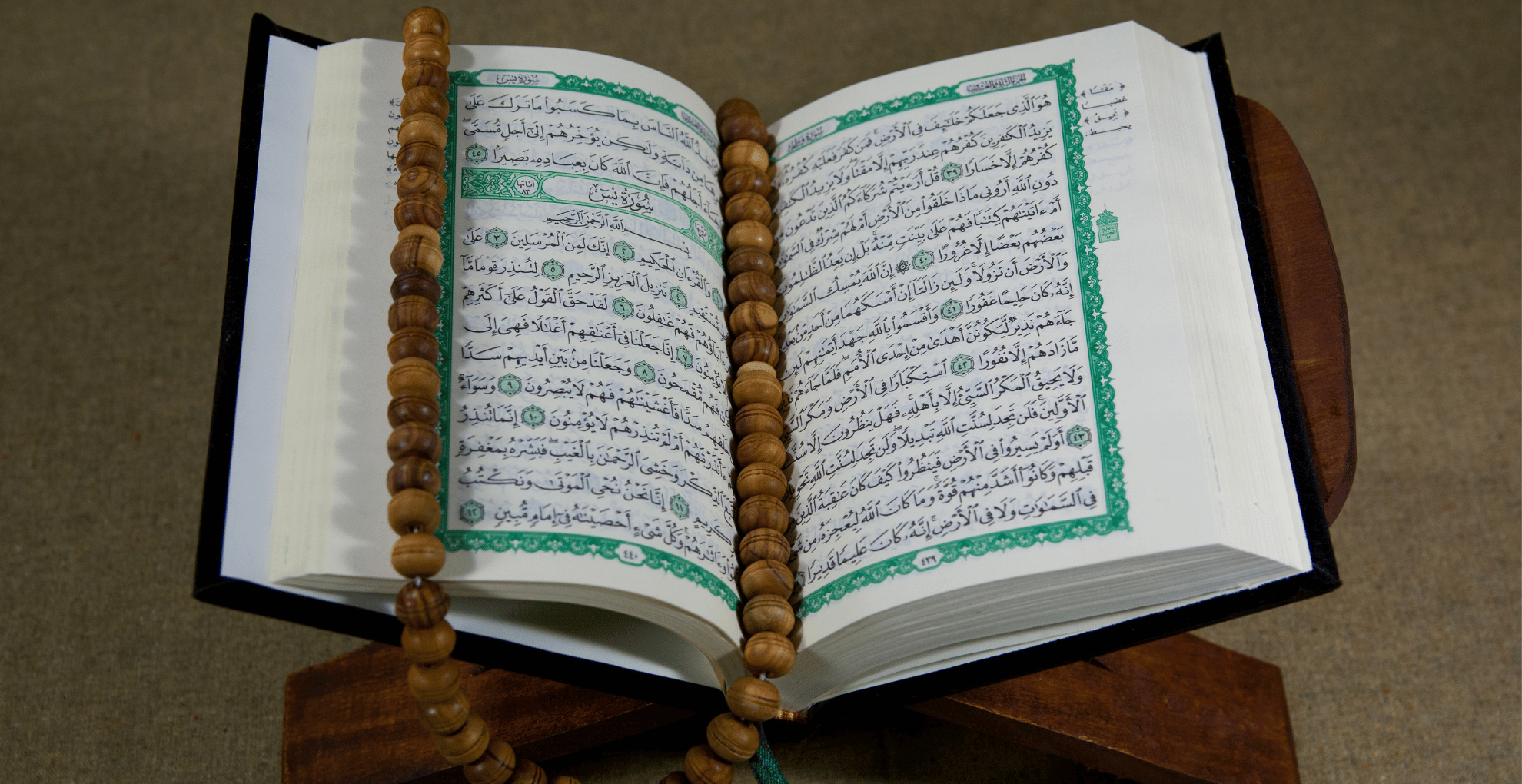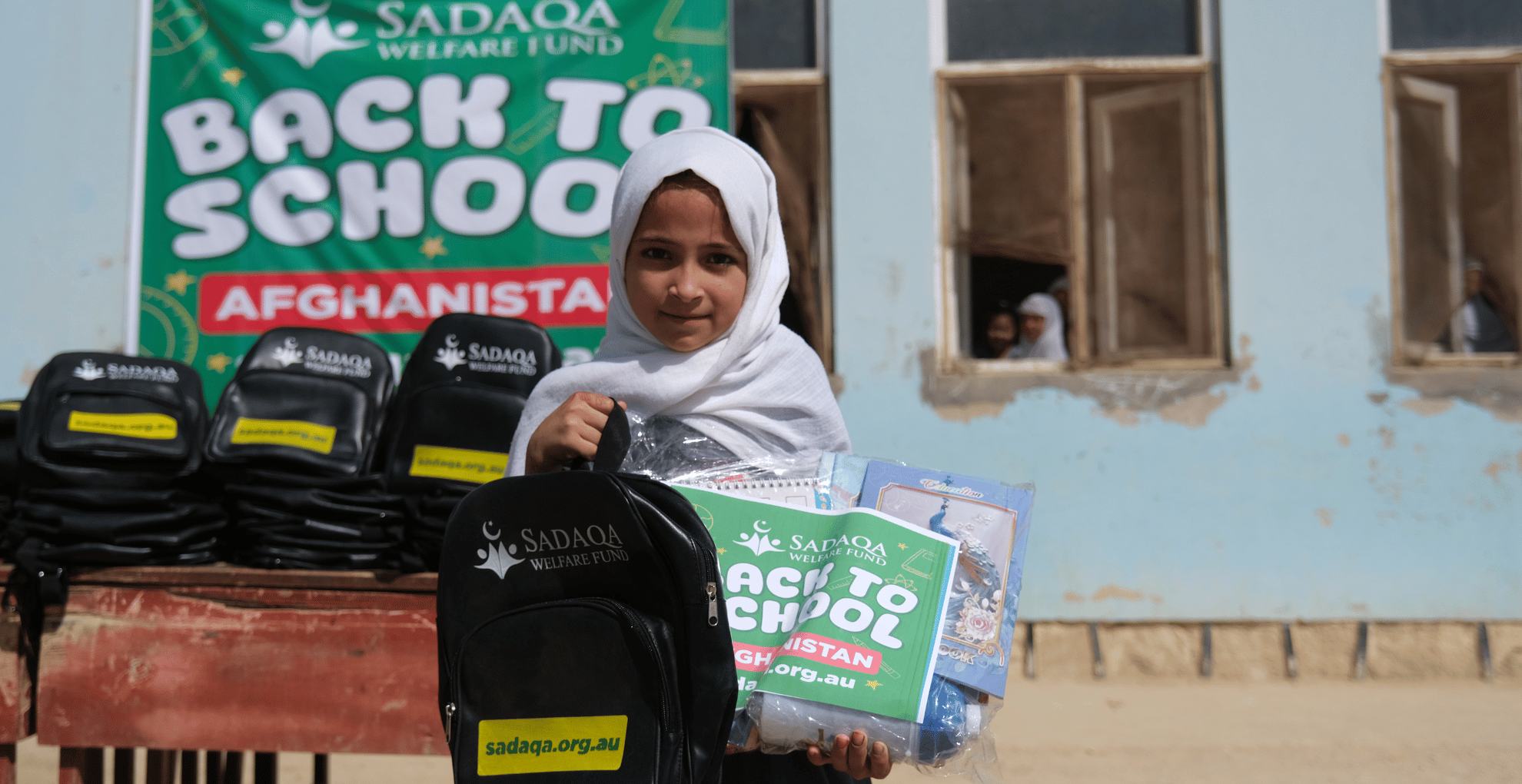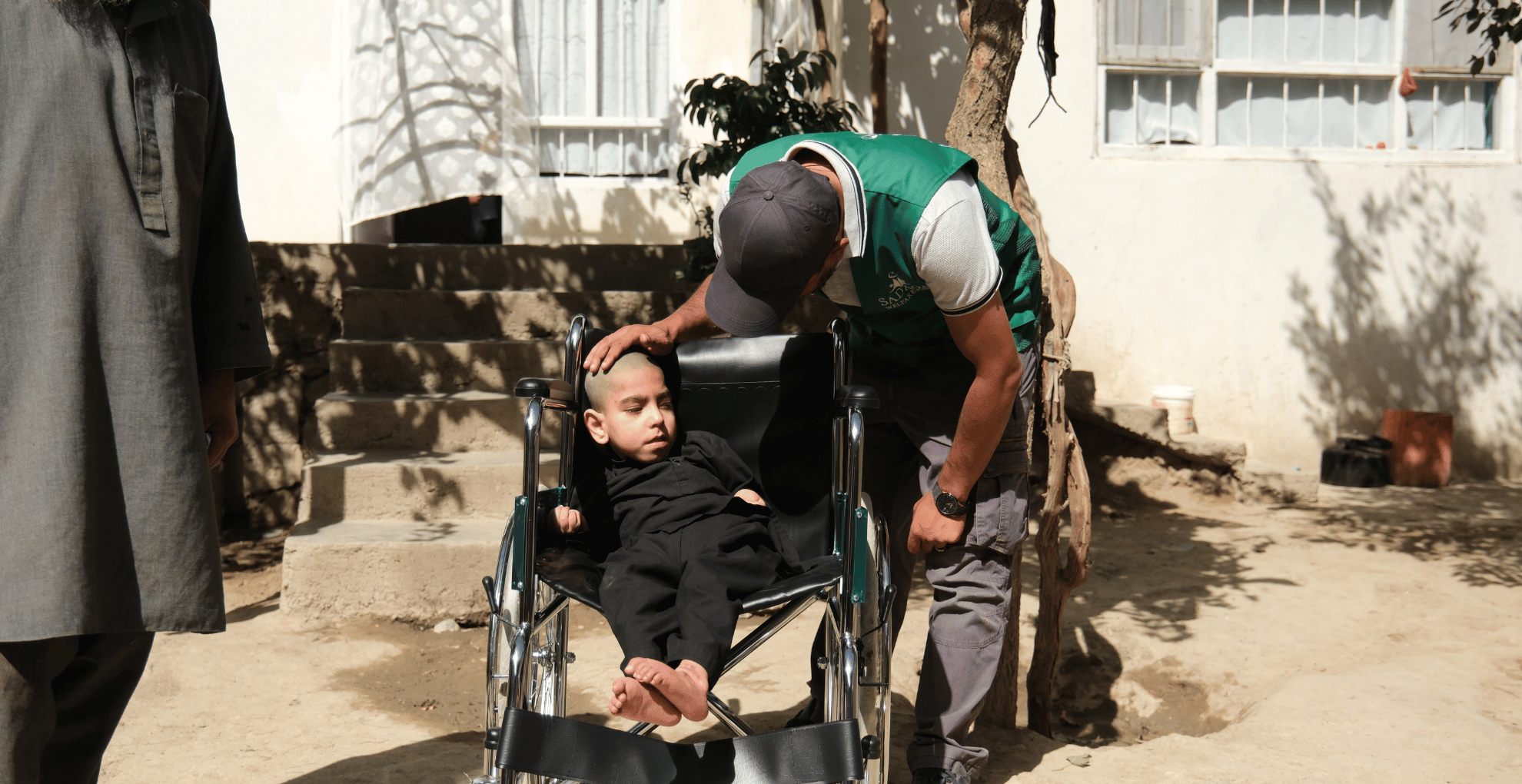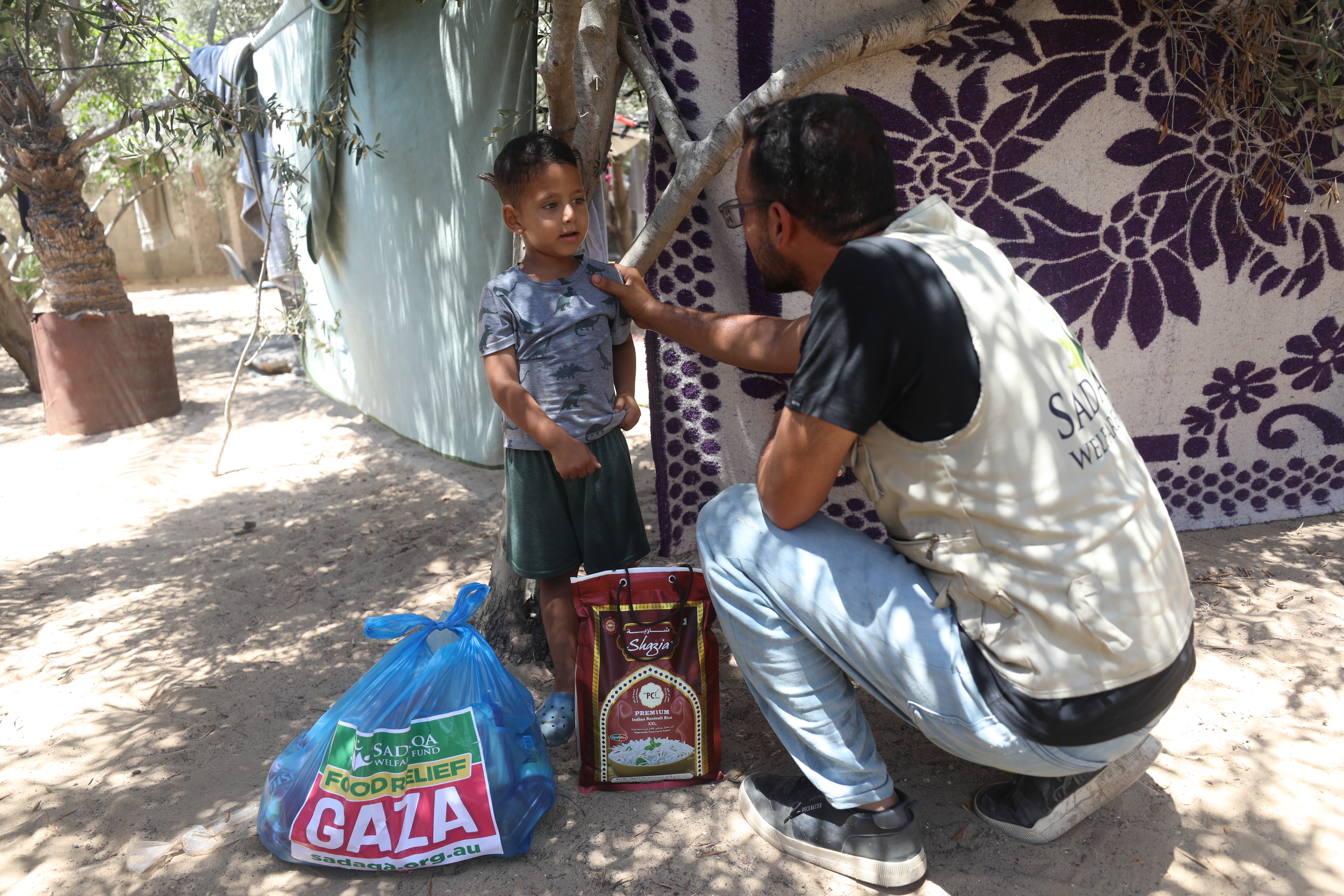What is Zakat al-Fitr, and when is it given?
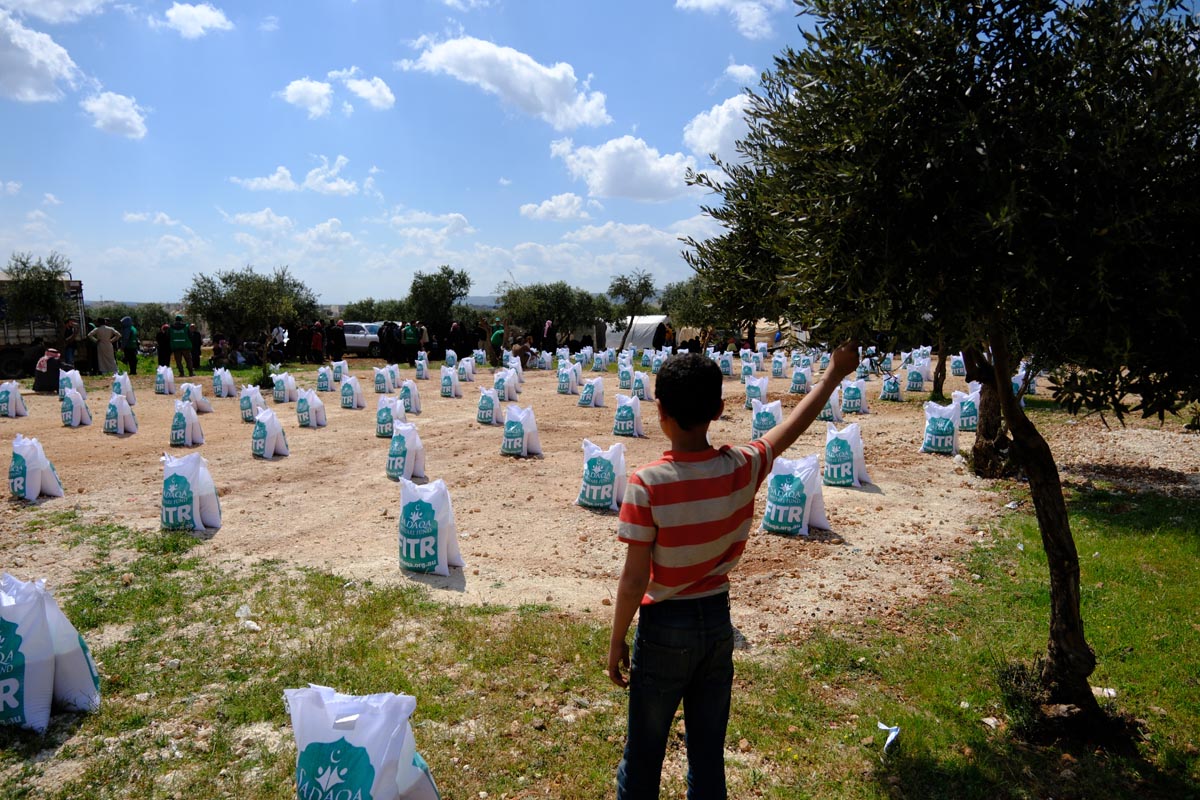
What is Zakat al-Fitr, and when is it given?
Zakat al-Fitr, often referred to as the "charity of breaking the fast," is a mandatory form of charity that Muslims are required to give at the end of Ramadan. It is intended to purify those who fast from any indecent act or speech and to help the needy and less fortunate within the community. The essence of Zakat al-Fitr is to ensure that all Muslims can celebrate Eid al-Fitr, the festival marking the end of Ramadan, with dignity and joy.
Purpose and Significance
Zakat al-Fitr serves several purposes. Firstly, it acts as a form of purification for the individual who has fasted, helping to cleanse any shortcomings in their fasting and worship. Secondly, it emphasizes the importance of communal responsibility, ensuring that those who are less fortunate have the means to partake in the festive celebrations of Eid. By addressing the needs of the poor, Zakat al-Fitr fosters a sense of unity and compassion within the Muslim community.
Amount and Eligibility
The amount of Zakat al-Fitr is typically equivalent to one saa’ (a traditional Islamic measure) of staple food items, such as wheat, dates, barley, or raisins. This quantity is generally estimated to be around 2.5 to 3 kilograms (5.5 to 6.5 pounds) of food per person. It is obligatory for every Muslim who possesses the means, including children and dependents.
When Is It Given?
Zakat al-Fitr should be given before the Eid al-Fitr prayer, typically on the last day of Ramadan. Many Muslims choose to give it in the last few days of Ramadan to ensure that it reaches those in need in time for the celebrations. Some also opt to give it earlier in the month to provide adequate support to the less fortunate. Ultimately, fulfilling this obligation strengthens community ties and emphasizes the importance of caring for one another during this significant time.
